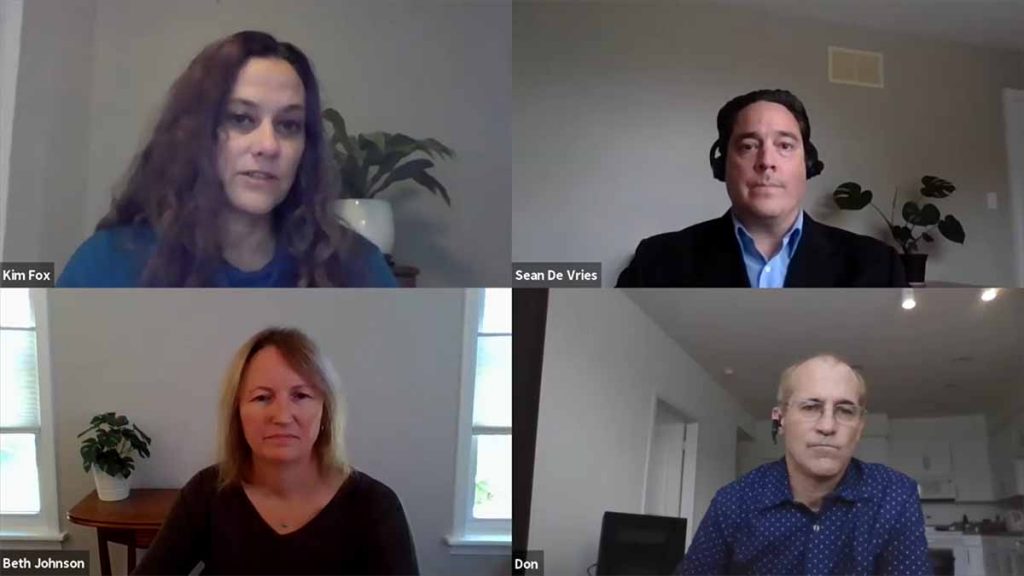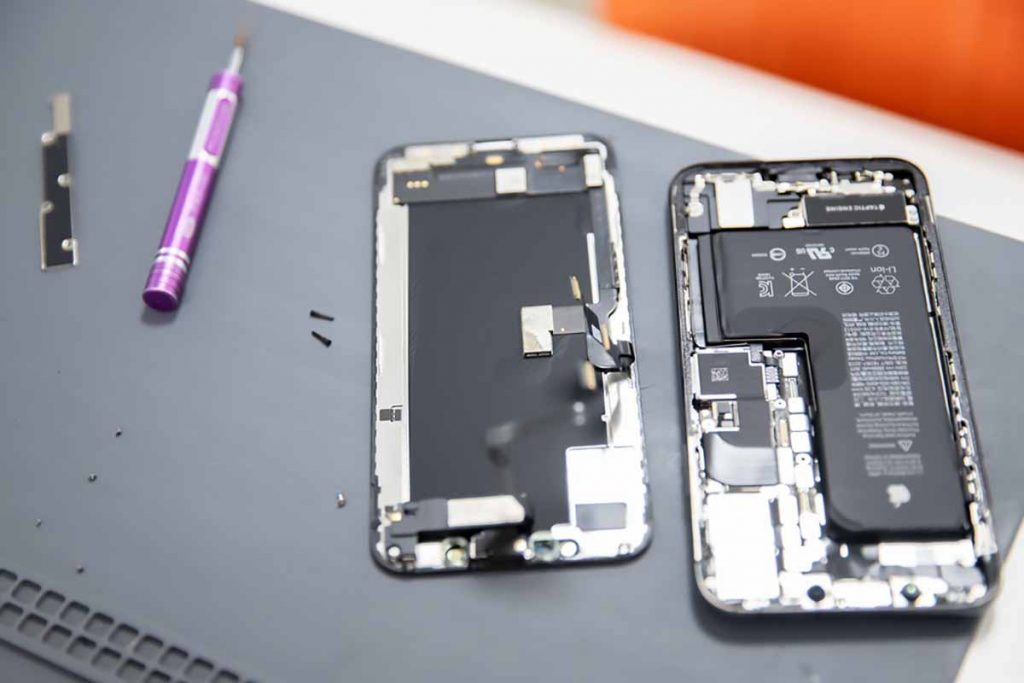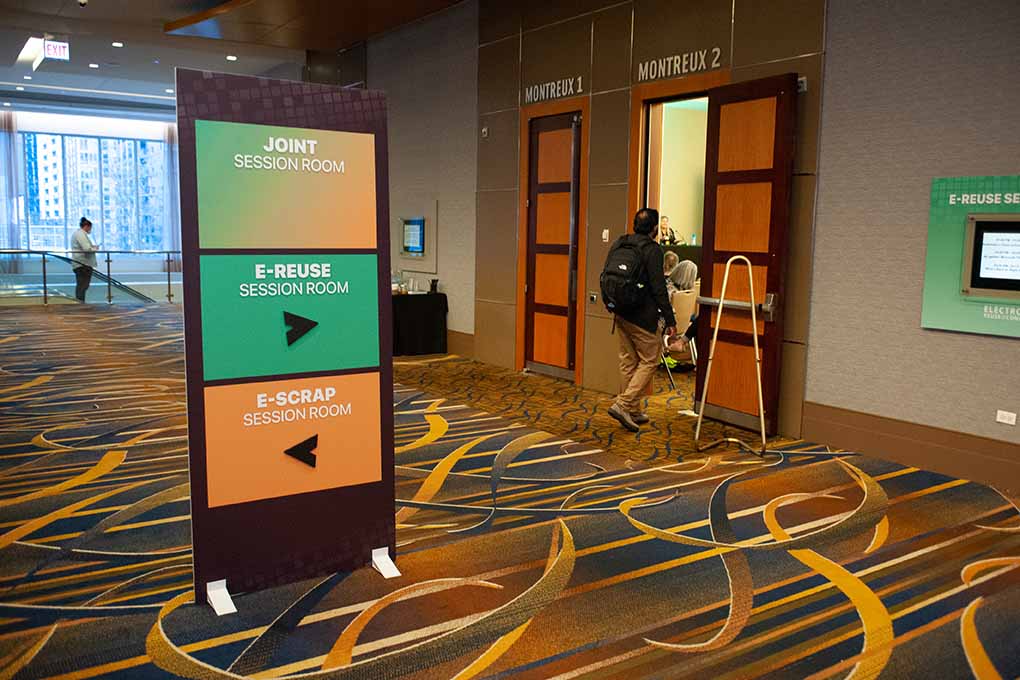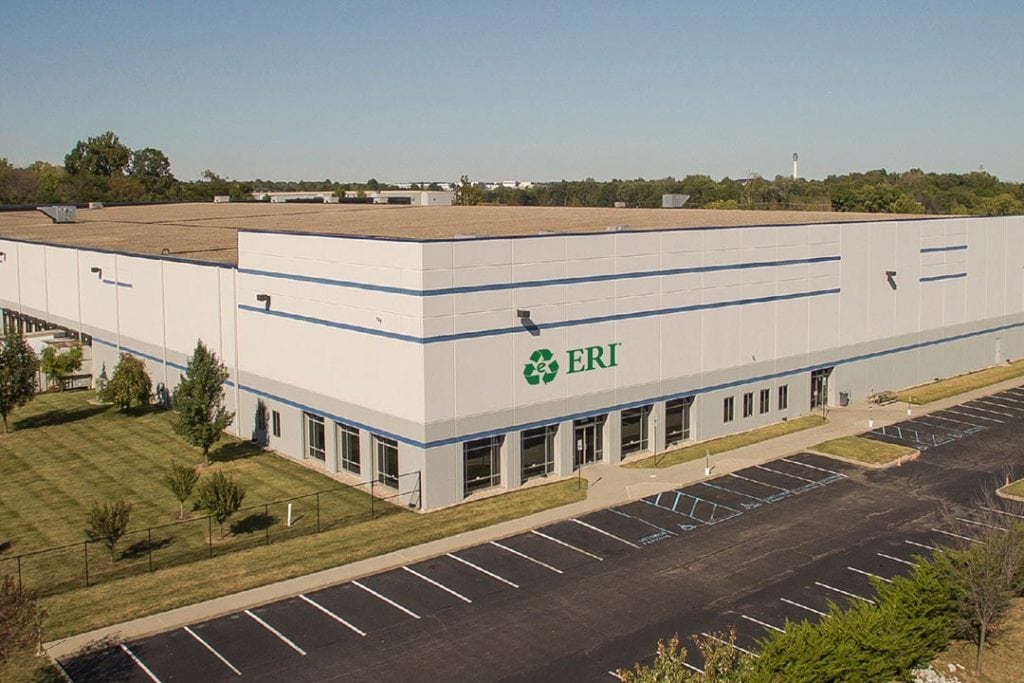
Sims Lifecycle Solutions developed a tool to help clients take stock of the fact that asset retirement is an integral part of sustainability goals. | Vahe Aramyan/Shutterstock
Global ITAD and e-scrap processing company Sims Lifecycle Services recently launched a “sustainability calculator,” a tool to quantify for clients the environmental benefits associated with asset recovery.










